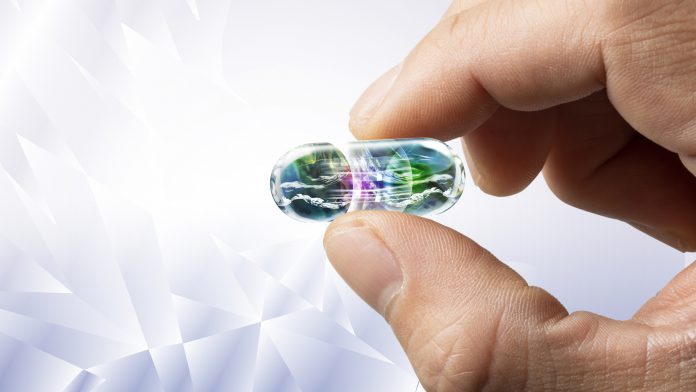Scientists have developed a novel technology by employing active learning and interpretable AI, that can contribute towards drug development.
What does this progress mean for drug development?
In employing both active learning and interpretable Artificial Intelligence (AI), scientists have noted that these two critical paradigms are what led to the positive answer, which is the potential for this novel technology to be utilised in drug development.
“Promising progress has been made in using AI for drug design recently. However, we are still far from certain that these early results could be translated to more effective drugs with a high success rate,” explained co-author Jianzhu Ma, Ph.D., a specialist and associate professor of AI at Peking University. “How to harness the value of data is the key to building successful AI for drug development.”
What limitations have scientists noted regarding this technology?
The research team noted that the major limitation in utilising conventional AI-aided drug development is its linear paradigm. Without continuous feedback from the downstream experimental results, the preceding step of AI model prediction is only an ‘educated guess.’
While a subdomain of AI, known as active learning, creates an interactive feedback loop between the AI modelling and the downstream experimental evaluation, which potentially increases the overall outcome.
Additionally, the ‘black box’ typically behind conventional AI models hinders the scientists’ accessibility to the hypothesis and logic that the algorithm uses for data mining. However, the internal rationale behind a prediction in the drug development process is crucial for designing a correct molecule.
What are the next steps for future implementation?
Therefore, researchers suggested that: “the AI model should unveil how it reaches a particular prediction, based on which training molecules”. This is because explainable AI is an active direction in the machine learning community.
“The next decade’s AI-based drug development will feature the tight integration of data and computation, where interpretable AI and experimental biology form an active-learning loop and inform each other with feedback,” concluded Ma. “It will iteratively improve the workflow and generate interpretable insights that scientists can monitor, analyse, and understand for every stage in drug development.”
This study has been published in Health Data Science, a Science Partner Journal.









